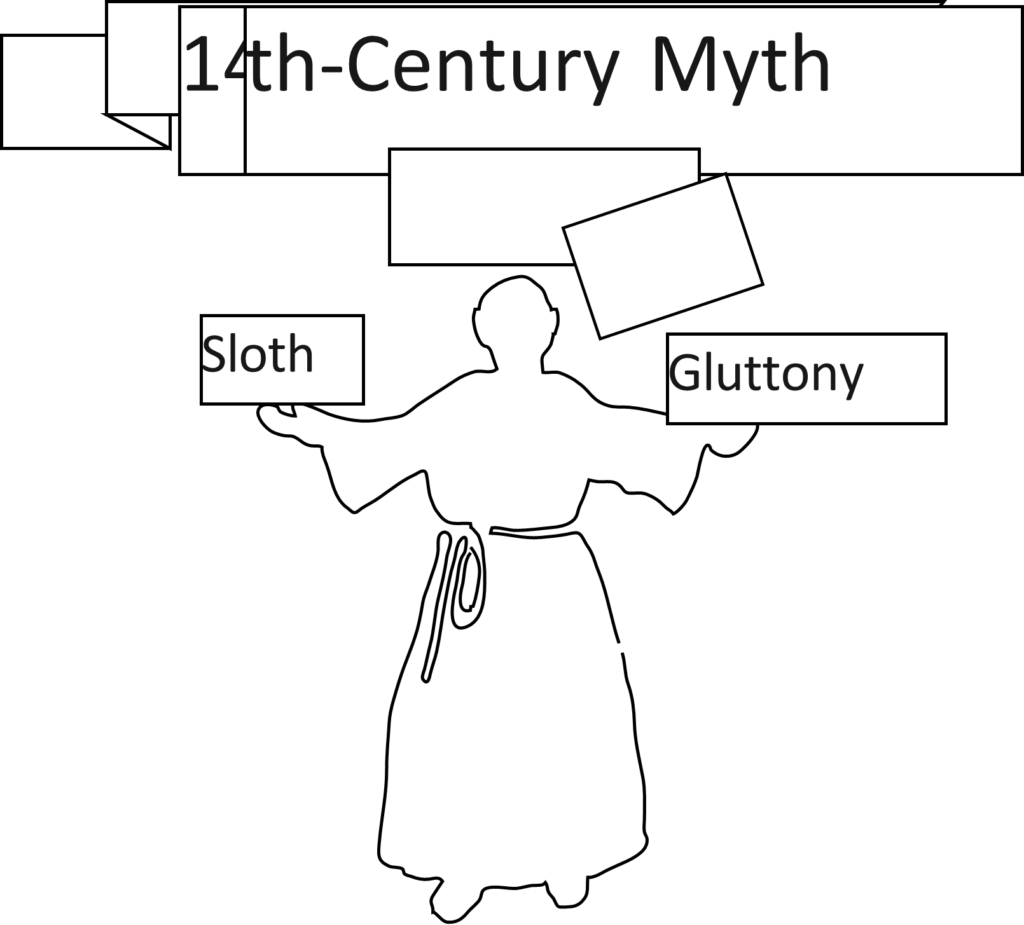
The moment I entered the examination room, I was impressed with Jackie. In her late forties, she portrayed a very professional appearance and demeanor, yet she was obviously nervous about meeting with another doctor to discuss yet another health issue. In my decades of medical practice, I’ve learned that the more I listen, the more I learn about what is really troubling my patients. In Jackie’s case, her appointment was for high blood pressure, but I quickly learned that Jackie was more concerned with her body size.
As I listened, I began to hear more about Jackie’s struggles. She only mentioned high blood pressure when talking about how she believed her medications were contributing to her weight gain. They caused her to feel fatigued and depressed which at times kept her from exercising like she should. And she also found that she ate what she shouldn’t when feeling down.
Just knowing Jackie for those few minutes, I was sure her weight gain was not from laziness or a lack of willpower. She was committed and had enough drive to fight her way up the corporate ladder while raising two children. As we talked, I learned that she typically monitored what she ate and at least 2 days/week engaged in a rather vigorous exercise program. And yet, for all her energy and effort, Jackie was still 60 pounds overweight and had only managed to slow the rising scale.
I continued to let Jackie talk. She told me about her experiences with dieting. She once lost a lot of weight by restricting her calories to 1500 a day. The first week went well, because she was totally focused on losing weight. The next few weeks were miserable because of the distractions of both family and work.
Unable to “white knuckle” it any more, she “cheated” on her diet. But when she did, the weight came right back.
And now Jackie was in my office, presumably to address high blood pressure, sharing with me the stress she’d had battling her weight.
Again, if you could listen to her story, you’d know that a lack of willpower was not Jackie’s problem. Nor was she lazy. And yet, how often do we judge the overweight and obese as both lazy and weak of will?
The first myth that I want to obliterate in this book is the idea that people are fat because they are lazy and have no willpower.
In fact, it takes an obese person a lot of effort and willpower just to function. Imagine you have a 100 pound pack on your back. How much more difficult would it be to move through your house, the store, and even get into your car? A few steps to the front door would be daunting. How much extra willpower would it take to make your bed in the morning, wash dishes, and take out the garbage? Don’t you think you’d sit down to rest occasionally as you carried that heavy load throughout the day?
Then the overweight person has to suffer the glares and judgments of others, struggle through the inconsideration and slights, and press through tight spaces. Life is a struggle and an ordeal for obese people.
No one wants to be heavy. They don’t want to struggle through life, suffering ridicule and slights. In fact, most obese people think about dieting and food restrictions their whole lives. They worry about the state of their health, and spend thousands of dollars trying to find a solution to their situation.
Did you know that in the 14th century, sloth and gluttony were considered to be two of the Seven Deadly Sins? The modern comparison would be laziness and over eating. Today’s general society propagate the belief that these two “sins” lead to obesity.

Our dedication to this old-world, Dark Ages perspective has caused decades of delay in addressing the very real problems of obesity. Instead of researching the causes of obesity and looking for solutions to the problem, we’ve simply judged obese people as committing the Deadly Sins of sloth and gluttony. Meanwhile, we let an epidemic of obesity build, blinded to the reality of our biology and our rapidly changing environment.
Consider children who are born obese, and those who become obese before they enter school. These children didn’t have the opportunity to commit a Deadly Sin. They couldn’t make choices to be slothful or gluttonous. And yet, obesity has doubled among children in the last ten years. Does it make sense that so many of our young are suddenly more slothful and gluttonous?
If obesity were really about a lack of willpower, sloth, and gluttony, why is it that two out of three Americans are overweight or obese? Doesn’t it make sense that at least some of those obese people would have some self-control?
Worse, 70 percent of African American and Native Americans are overweight and obese, as are 69 percent of Hispanics. Are we prepared to say that these ethnicities are less moral than, say, Asians and Europeans who are only 40 percent overweight or obese?

So maybe it is time to reject the 14th century myth of sloth and gluttony. Instead of condemning our overweight family, friends, and neighbors, let’s reject this myth once and for all.
And in the place of this old myth, let’s take a scientific view of obesity. Instead of blaming people who are overweight, let’s seek reasons and causes for weight gain. In so doing, we might discover that what we have called “laziness” and “over eating” are actually part of the biology that leads to obesity. Even more important, we’ll understand that biology and environment cause people to be fat rather than attributing it to low morals and a weak character. A big reason the 14th century myth continues is because those who should know better perpetuate it. I’m aghast that with all the information available to us, healthcare providers perpetuate the 14th century myth. I’ve even had patients who had healthcare professionals say, “Just buck up. Use your willpower. Eat less. Exercise more.”
Healthcare professionals, for instance, don’t shame people with hypertension, cardiovascular disease, or type 2 diabetes. Yet all of these conditions come from the same disorder as obesity. In fact, up to 40% of normal weight adults have metabolic syndrome, but they don’t suffer the same societal judgements as their obese counterparts. Why? Maybe because you can’t tell by looking at someone that they have hypertension or diabetes. You certainly can’t tell what lipids are doing in their body. But why is it that only those who are fat are judged as being gluttonous and slothful?
Isn’t it time to set aside the 14th century myth, and address the issues of obesity and related diseases in a scientific, logical, and caring manner?